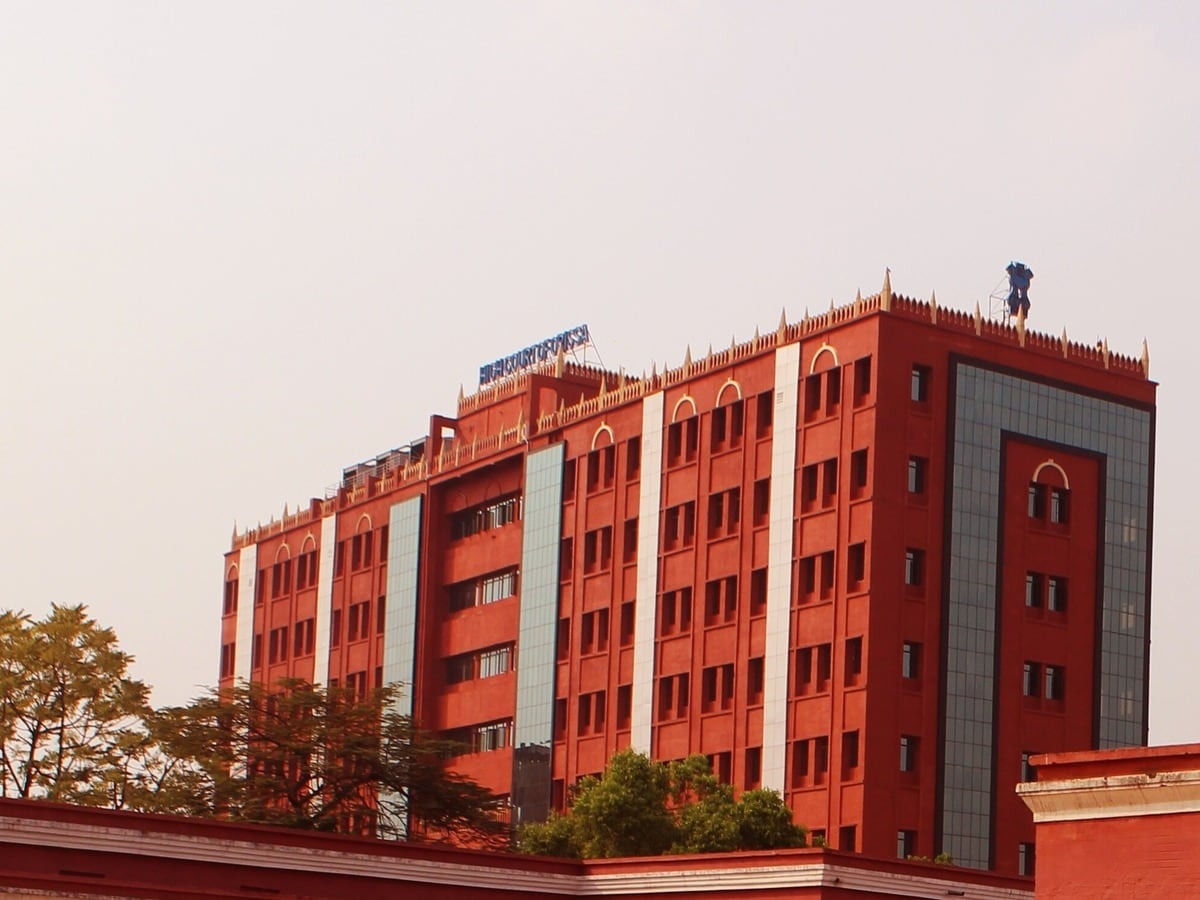The Odisha High Court refused to declare Aadhaar-Pain linking unconstitutional, dismissing the petition of former Biju Janata Dal (BJD) MP Tathagata Satpathi. Satpathy challenged the imperative of linking his demat account to Aadhaar. The court said that this provision is the constitution and does not violate the right to privacy.
We are ready for another language war: Tamil Nadu CM Stalin attacked the central government
Court argument
The single bench of Justice Sanjeev Panigrahi said that Aadhaar is a unique biometric identity and linking it to PAN card will help in monitoring income, preventing tax evasion and maintaining transparency in the security market.
The court termed the provision under Section 139AA of the Income Tax Act, and said that it meets three major legal principles – frequency, need and proportions. The court clarified that this provision serves the valid interest of the state and only imposes a balanced ban on privacy.
Background of case
Tathagata Satpathi, who was a four -time BJD MP, had a savings account at HDFC Bank in Bhubaneswar. He transferred Rs 25 lakh to a demat account from his savings account in December 2019 and started transactions in the stock market from January 2020.
However, in July 2023, his demat account became inactive as he was not linked to Aadhaar. Satpathy argued that Aadhaar linking is not mandatory for banking services and cited a Supreme Court decision. When the bank did not resolve their problem, they closed the demat account and requested to transfer funds to their wife’s account.
Bank and High Court trend
HDFC Bank clarified that a demat account cannot be commissioned without Aadhaar-Pain Linking. On this, Satpathi filed a petition in the Odisha High Court, calling it arbitrary and illegal.
However, in June 2023 during the hearing, the bank dismissed his demat account. Due to this, the immediate effect of the petition was over, but the High Court ruled to give legal clarity on the issue.
Court decision
The High Court declared this policy of the government valid and said that Aadhaar-Pain Linking is necessary to increase financial transparency and prevent tax evasion. The court also said that it does not violate the right to privacy under Article 21 of the Constitution.
This decision has made it clear that Aadhaar-Pain Linking is mandatory for the operation of demat accounts and has been considered constitutionally valid.
